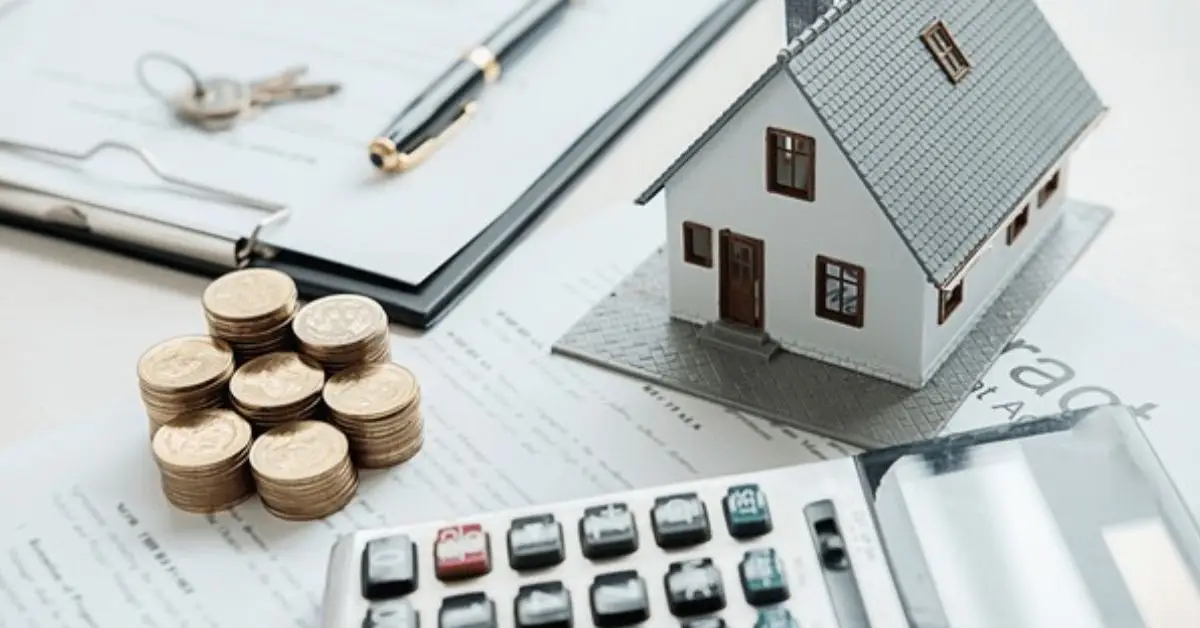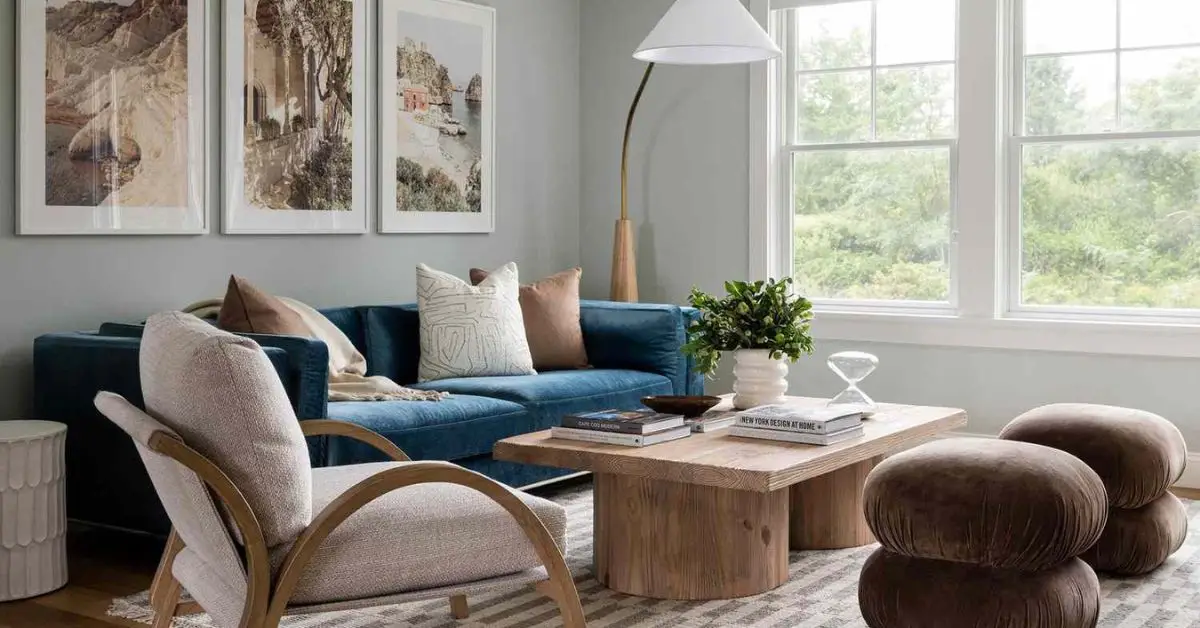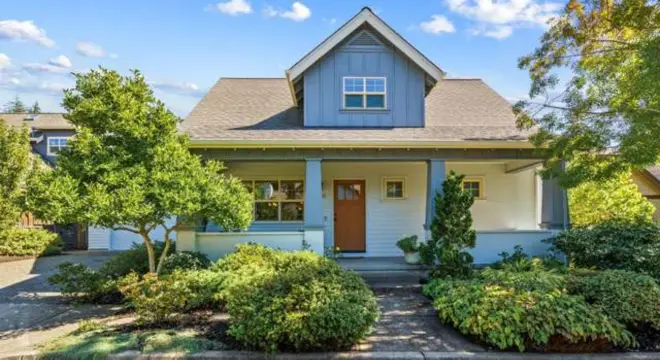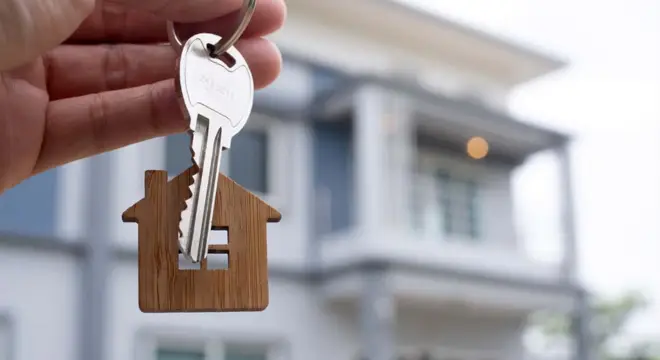Why Buying a Home Could Be the Smartest Move You Make – 7 Key Benefits
When I bought my first home here in the U.S., I wasn’t just chasing the American dream—I was chasing freedom. Freedom from landlords raising rent every year, freedom to remodel my kitchen without asking for approval, and freedom to invest in something that could actually grow my net worth instead of someone else’s.
If you’ve been renting for a while, you already know the frustration. Month after month, your money disappears into rent checks, and at the end of the year, you’ve built zero equity. Meanwhile, according to the Federal Reserve, the median homeowner’s net worth in America is about $255,000, compared to just $6,300 for renters. That’s a gap big enough to change your financial future.
But here’s what most “home buying” guides won’t tell you: some benefits go beyond dollars and cents. Sure, there are tax deductions and appreciation, but there’s also the stability, the pride, and the sense of truly belonging to a community.
In this guide, we’ll walk through seven benefits of buying a home you can’t afford to ignore—practical, real-world advantages that could shape your finances, your lifestyle, and even your legacy. Which one do you think would make the biggest difference for you?
1. Build Equity, Not Rent Payments
Every month you pay rent, you’re covering someone else’s mortgage. When you own a home, those same monthly payments start working for you. A portion of your mortgage goes toward paying down the loan balance, which means you’re gradually building equity—your ownership stake in the property. Think of it as a forced savings plan that grows automatically over time.

The beauty is, equity doesn’t just come from paying off your mortgage. It can also grow through appreciation—the increase in your home’s market value. Over the past two decades, U.S. home prices have climbed steadily, even with a few market dips along the way. According to the National Association of Realtors, the median home price jumped from about $172,900 in 2000 to $417,700 in 2023. That’s a massive gain for homeowners who held onto their properties.
When you rent, the money’s gone the moment you send it. When you buy, you’re building a real financial asset—one you can tap into later for renovations, college tuition, or even retirement. That’s the difference between just paying for a place to live and investing in your future.
Some buyers skip the mortgage entirely and purchase in cash—but before you go that route, read Buying a Home With Cash in Today’s Market – Smart or Risky? to understand the pros and cons.
2. Enjoy Tax Benefits and Deductions
A lot of people are surprised to learn that owning a home can actually help lower their tax bill. If you itemize deductions, there are a few key ways to keep more money in your pocket every year:
- Mortgage interest deduction – In the early years of your loan, most of your payment goes toward interest. You can deduct that amount from your taxable income, which can be a big break.
- Property tax deduction – You may also be able to deduct some or all of your property taxes, depending on current tax laws and limits.
- First-time homebuyer credits or incentives – Some states and programs offer tax credits for first-time buyers, which directly reduce the amount you owe, not just your taxable income.
These savings can make a big difference, especially when you’re adjusting to the costs of homeownership. To make sure you’re claiming everything you’re entitled to, check the official IRS Homeowners’ Tax Guide before you file.
3. Gain Stability with Fixed Payments
One of the most stressful parts of renting is never knowing when your monthly payment might jump. With a fixed-rate mortgage, you lock in your principal and interest payment for the life of the loan—whether that’s 15, 20, or 30 years. That means no surprises, no sudden rent hikes, and a lot more peace of mind.

Here’s why that matters:
- Predictable housing costs – You know exactly what you’ll be paying every month, making long-term budgeting much easier.
- Protection against inflation – As rents in your area rise over time, your mortgage payment stays the same, which means you’re effectively paying less in real terms every year.
- Financial confidence – Stability in housing costs frees you to plan for other goals—retirement, travel, starting a business—without worrying about unexpected housing cost spikes.
While property taxes and insurance might still change slightly over time, your core payment won’t budge. That kind of stability can be the difference between just getting by and actually building a comfortable, predictable financial life.
4. Benefit from Home Appreciation
When you own a home, you’re not just paying for a place to live—you’re holding an asset that can grow in value over time. Historically, U.S. home prices have increased by about 3–5% annually on average, and in some markets, the growth has been even higher during strong economic cycles.
What drives home appreciation?
- Location growth – New schools, better infrastructure, and thriving job markets tend to push property values up.
- Housing demand – Areas with limited supply and high buyer interest usually see faster appreciation.
- Upgrades and maintenance – Renovations like kitchen remodels or adding energy-efficient features can boost your home’s resale value.
How to make the most of appreciation:
- Time your sale for when the market is favorable and demand is high.
- Keep your property well-maintained so it stays competitive.
- Consider refinancing when your home’s value rises, freeing up equity for other investments.
According to the Federal Housing Finance Agency, U.S. home prices have grown steadily over the past decade, with notable surges in certain states. This steady climb is one reason real estate remains a cornerstone of long-term wealth building in America.
5. Personalize Your Living Space
One of the joys of owning a home is the complete freedom to make it your own. No more asking permission to paint a wall, replace the flooring, or install that dream kitchen island—you call the shots.

Ways personalization boosts your lifestyle:
- Functional changes – Convert a spare bedroom into a home office or gym to match your needs.
- Aesthetic upgrades – Choose the colors, finishes, and décor that truly reflect your style.
- Outdoor improvements – Plant a garden, build a deck, or set up an outdoor kitchen for year-round enjoyment.
Unlike rentals, where restrictions limit what you can change, homeownership lets you create a space that fits your life perfectly. Beyond comfort, strategic upgrades can also increase your property value, adding both personal and financial returns.
Owning a home isn’t just about having a roof over your head—it’s about shaping a space where your personality and priorities shine through.
6. Create a Legacy for Future Generations
Buying a home isn’t just a financial move—it’s a way to build something lasting for the people you care about. A house can be more than where you live; it can be a cornerstone of generational wealth.
Why this matters for families:
- Passing on property – A fully or partially paid-off home can be inherited, giving your children or heirs a huge head start in life.
- Wealth that grows – Unlike many assets, real estate often appreciates in value over time, so the property you pass down may be worth far more in the future.
- Emotional security – Knowing your family will always have a place to call home can offer peace of mind that money alone can’t buy.
For many Americans, a family home becomes a symbol of stability and opportunity, passed from one generation to the next. It’s a tangible way to say, “I’ve worked for this, and now it’s yours to build on.”
7. Experience Emotional and Psychological Well-being

Homeownership isn’t only about dollars—it’s also about how you feel in your daily life. Owning your space can bring a sense of pride and accomplishment that renting simply can’t match.
How it impacts well-being:
- Pride in ownership – Every improvement you make is an investment in your property, not your landlord’s.
- Stability for mental peace – Knowing you won’t be forced to move due to rent hikes or lease changes helps reduce stress.
A home can become more than four walls—it’s the backdrop for memories, traditions, and a deeper sense of belonging. That emotional return is just as valuable as the financial one.
How to Maximize These Benefits When Buying Your Home
Knowing the benefits of homeownership is one thing—making sure you actually get them is another. A few smart moves upfront can help you make the most of your investment from day one.
Practical ways to maximize your benefits:
- Choose the right mortgage – Compare fixed-rate vs. adjustable-rate loans, and shop around with multiple lenders to secure the best terms. If you’re thinking about upgrading to a new property while selling your current one, it’s worth understanding the potential pitfalls first—check out these 8 costly mistakes to avoid when buying and selling your home simultaneously so you can navigate the process smoothly.
- Research neighborhoods carefully – Look for areas with good schools, low crime, upcoming infrastructure projects, and a history of steady price growth.
- Plan renovations strategically – Focus on upgrades that add real value, like kitchen remodels, bathroom updates, and energy-efficient improvements.
- Work with a tax professional – Make sure you’re claiming every deduction and credit available to homeowners, especially in your first year.
Taking these steps not only protects your investment but also ensures you’re building equity, enjoying tax savings, and living in a home that truly works for you.
Final Thoughts: Why Buying a Home is More Than Just a Purchase
Over the past sections, we’ve looked at seven powerful reasons why buying a home in the U.S. is about so much more than just owning property:
- You build equity instead of paying rent.
- You enjoy valuable tax benefits.
- You gain stability with predictable payments.
- You benefit from appreciation over time.
- You get the freedom to personalize your space.
- You create a legacy for your family.
- You experience emotional and psychological rewards.
When you put these together, homeownership becomes more than a financial decision—it’s a lifestyle choice, a stability anchor, and a foundation for long-term security. Yes, it’s a big step, but it’s also one of the most empowering moves you can make for yourself and your family. Even if your credit isn’t perfect, homeownership may still be within reach—here’s a practical guide on buying a home with bad credit that walks you through your options.
Now it’s your turn—which of these benefits speaks to you the most? Drop your thoughts in the comments below, I’d love to hear your take.
And if you’re ready to explore your next step toward homeownership, visit Build Like New for more guides, tips, and expert insights.
Disclaimer: This article is for informational purposes only and is not financial, legal, or tax advice. Please consult a qualified professional for guidance specific to your situation.


